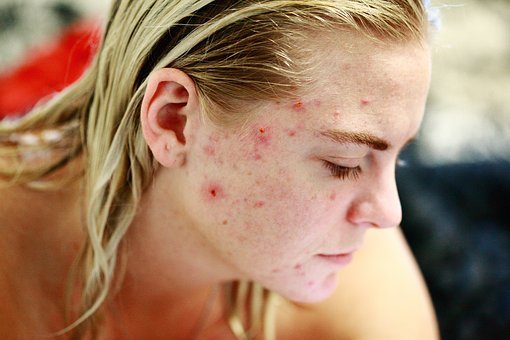Nutrients and Skin Health part 1

Vitamins and Skin Health.
Our skin. The largest organ in the body, covering nearly 2 square metres and accounting for about 16% of total body weight. In the summer a lot of attention is drawn to our skin. Mainly to stop getting burnt but also because more of our skin is on show in warmer weather.
Much of the information is about what we can put on our skin. However, it is as important to be aware of what nutrients can impact on skin health.
Beta Carotene, Vitamins C and E plus Selenium: these nutrients are important antioxidants and free radical scavengers needed for skin protection.
Vitamin E also appears to lessen the likelihood of scars and vitamin Cis required for tissue repair.
Anthocyanidins: are a particular type of flavonoid that helps to reinforce and preserve collagen in the body. These naturally occurring compounds are often included in cosmetics to improve skin elasticity.
Fish oil: omega 3s in the diet act as natural waterproofing for the skin. It is considered moisturising
from the inside. This may help the skin to look more hydrated. It may improve vitality. It is especially
helpful for inflammatory conditions like eczema.
Zinc: Stimulates the healing of wounds and skin irritations.
Evening Primrose oil; Useful for many skin problems, such as eczema.
B vitamins: are important for skin health, particularly B2, (riboflavin), and B5 (pantothenic acid).
Cracking at the corner of the mouth can be a deficiency of B2and B6 as can red, greasy skin at the
side of the nose. Low B12 and folic acid can result in a pale complexion. A general deficiency of
the B vitamins is implicated in eczema.
Chromium. If you have acne, it may be due to impaired glucose tolerance in the skin, which
makes Chromium an important nutrient in this case.
information courtesy of Lamberts https://www.lambertshealthcare.co.uk
